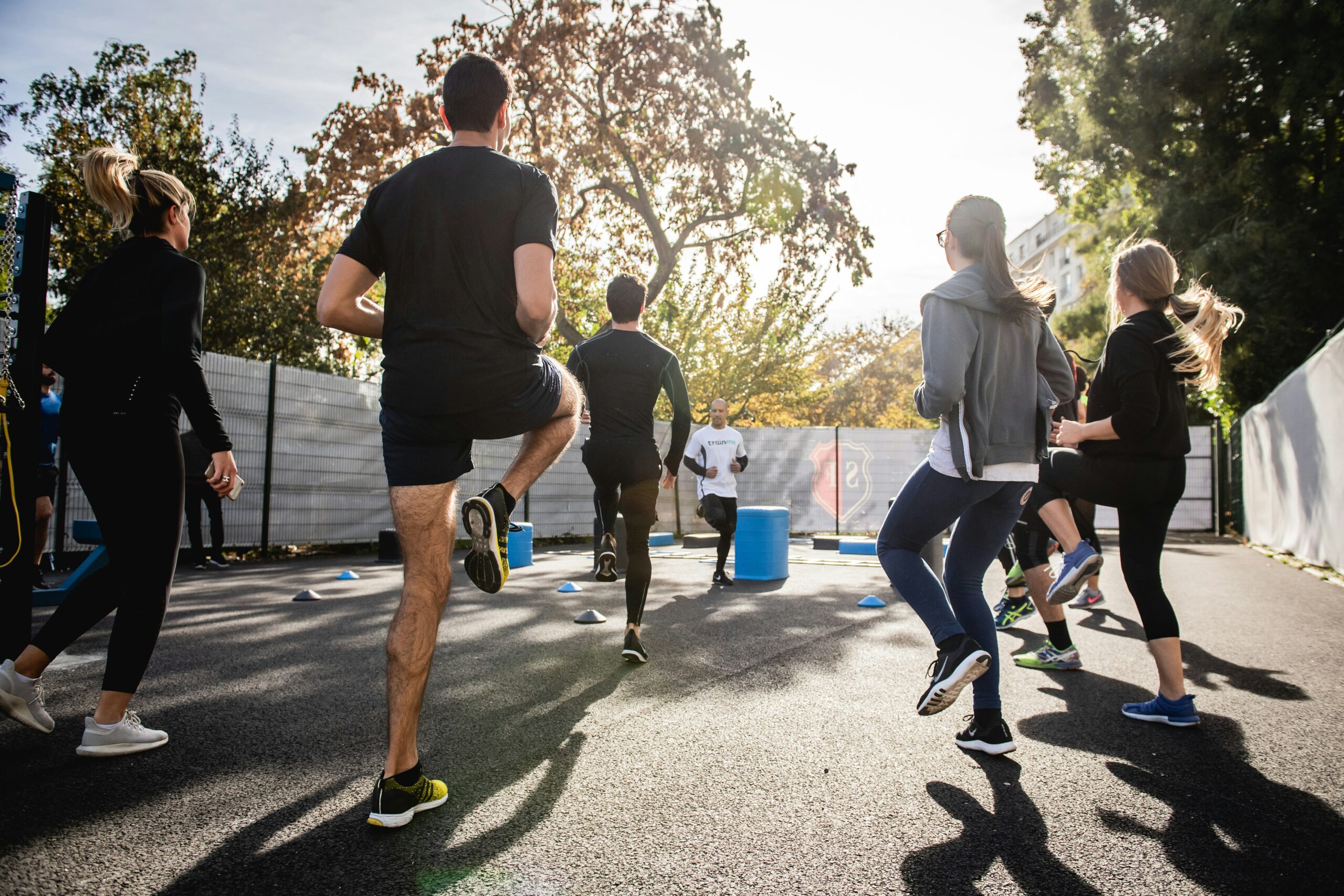When most people think about fitness, they think about the physical. Strength training, cardio, flexibility—they all focus on the body. But over the years, I’ve learned that true strength goes far beyond muscles and endurance. Mental toughness is just as important, if not more so. The ability to push through challenges, stay consistent, and adapt to setbacks is what separates those who reach their goals from those who fall short.
Understanding Mental Toughness
Mental toughness is the capacity to stay focused, motivated, and resilient under pressure. It’s what allows athletes to push through a tough workout, entrepreneurs to overcome setbacks, or anyone to handle life’s unexpected challenges. Developing mental toughness in fitness provides a foundation that carries over into every area of life. The mind and body are connected, and strengthening one often strengthens the other.
Setting Clear Goals
One of the first steps in building mental toughness is setting clear goals. In fitness, this might mean committing to a running schedule, a weightlifting plan, or mastering a new skill. Life goals can be professional, personal, or emotional. Having a target keeps you focused and gives purpose to your efforts. When obstacles arise, a clear goal reminds you why you started and why it is worth pushing through discomfort.
Embracing Discomfort
Mental toughness develops when we face challenges intentionally. In fitness, this could be lifting heavier weights, running longer distances, or trying a workout that intimidates you. In life, it might mean tackling a difficult conversation, making a tough decision, or stepping into the unknown. Growth happens outside of comfort zones. By embracing discomfort rather than avoiding it, you train your mind to handle pressure, setbacks, and uncertainty.
Consistency Over Perfection
Another key component of mental toughness is consistency. Many people get discouraged when they miss a workout or make a mistake. The most mentally strong individuals understand that progress is not about perfection. It’s about showing up day after day, even when you don’t feel like it. Consistency builds discipline, and discipline strengthens confidence and resilience. Over time, small actions compound into big results.
Visualization and Positive Thinking
Visualization is a powerful tool for developing mental toughness. Before a workout, a competition, or a challenging task at work, visualizing success helps prepare the mind for action. Positive thinking reinforces confidence and reduces stress. Instead of focusing on what could go wrong, I encourage myself and clients to picture what success looks like and the steps required to get there. This mental rehearsal creates a sense of control and readiness.
Learning From Setbacks
Setbacks are inevitable. Injuries, missed deadlines, or failed attempts can discourage even the strongest among us. Mental toughness is not about avoiding failure; it’s about learning from it. Every obstacle presents an opportunity to reflect, adapt, and improve. In fitness, a plateau can teach you the importance of adjusting your approach. In life, a setback can reveal a new perspective or strategy. Resilience grows when challenges are seen as lessons rather than defeats.
Self-Discipline and Accountability
Building mental toughness requires self-discipline and accountability. Tracking progress, setting routines, and holding yourself responsible are essential habits. Fitness trackers, journals, or even accountability partners can help reinforce commitment. When you take ownership of your actions, it strengthens both your confidence and your ability to persevere under pressure. Accountability transforms effort into results and builds inner resilience.
The Role of Support Systems
Even the most mentally tough individuals benefit from support. Friends, family, coaches, or mentors provide guidance, motivation, and perspective when challenges feel overwhelming. Sharing goals and struggles creates a network of encouragement that reinforces mental strength. In fitness, training with a partner or group can push you further than going alone. In life, having people to rely on helps sustain perseverance through difficult times.
Translating Fitness Lessons Into Life
The principles of mental toughness in fitness translate directly into life. Overcoming a physically demanding workout teaches patience, persistence, and confidence. Pushing through fear or doubt in one area builds courage in others. The resilience you cultivate in the gym helps navigate career pressures, personal challenges, and emotional obstacles. By treating mental toughness as a skill to be trained, you create a foundation for success in every aspect of life.
Strength Beyond the Body
True strength is not measured by how much weight you can lift or how fast you can run. It is measured by how you respond to challenges, stay committed to your goals, and grow from setbacks. Developing mental toughness requires practice, patience, and persistence, just like building physical strength. By embracing discomfort, learning from failures, and cultivating consistency and discipline, you can build resilience that extends far beyond the gym. Mental strength empowers you to handle life’s challenges with confidence and clarity, proving that the mind is just as important as the body in achieving lasting success.
